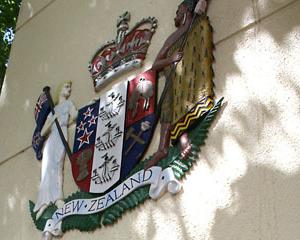More than half of Otago and Southland people believe the internet is more dangerous than it was five years ago, a new online safety study shows.
The results of the Netsafe study, ‘‘State of the Online Nation’’, come as New Zealand marks its first Netsafety Week.
The initiative — which has got hundreds of schools, business and agencies joining together to share ways to make online spaces safe and reinforce where to get help — began on Monday and runs until Friday.
‘‘State of the Online Nation’’ surveyed 809 people, aged between 18 and 60, to better understand the community’s awareness towards online safety.
It found that 59% of Otago and Southland respondents felt the internet had become more dangerous since 2016.
Nationally, 68% of people agreed, and 52% of respondents thought it would be even more dangerous in another five years.
Netsafe chief executive Martin Cocker said education around online safety was particularly important as the study found that over half of respondents had experienced an online safety issue in the past year.
Of those who had, 23% were exposed to unwanted contact on social media, 11% were tracked using technology without their consent, and 10% received and then passed on information that later proved false.
Seven percent were bullied or harassed.
Despite the negative feedback, 71% of people thought the internet and digital technologies had positively affected them, Mr Cocker said.
The majority of respondents wanted more public awareness campaigns about online safety and believed more information should be shared with children at school.
Of respondents, 58% indicated that New Zealand should have stronger laws against people who deliberately spread false information.
A filter blocking illegal content at a national level was supported by 60%, while 57% backed a national strategy tackling online safety.
Mr Cocker said that while there were changes that could happen on a national level to improve online safety, there were also actions that everyone could take immediately.
He pointed to five online safety tips — talk with family, be a good digital citizen, swipe left on fake news, discuss sensitive topics and know your rights under the Harmful Digital Communications Act.











